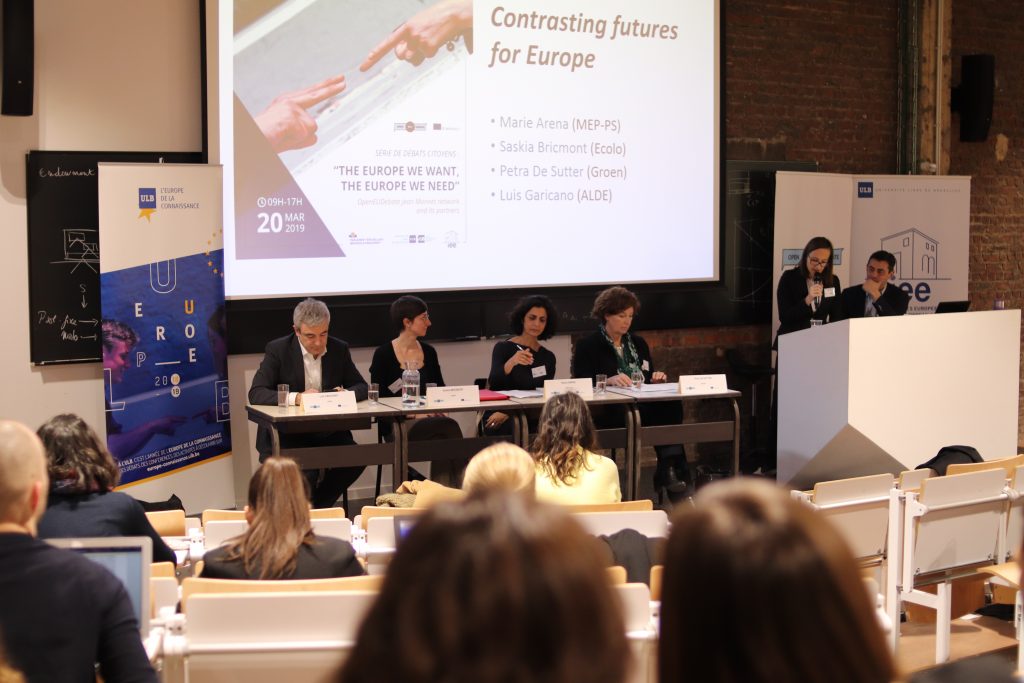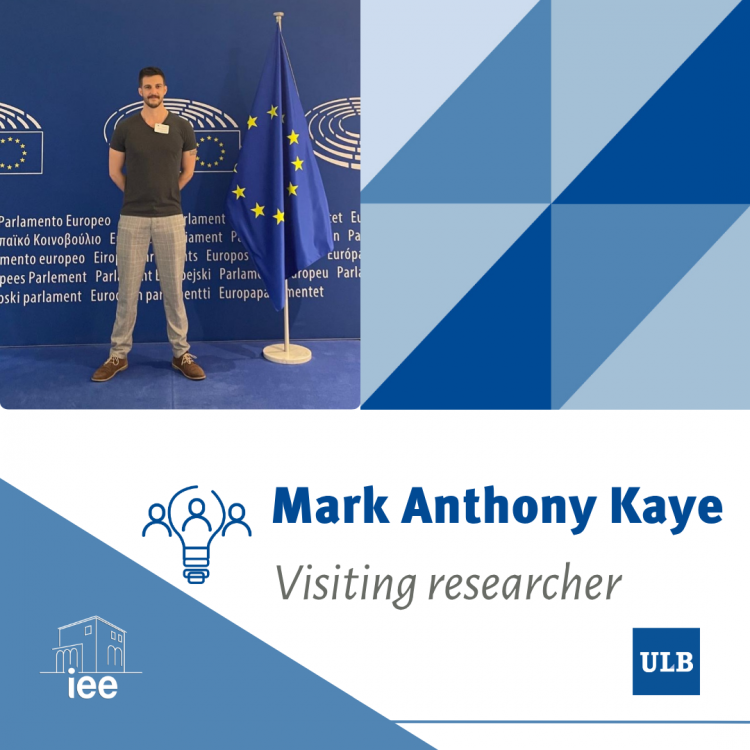 Luis Bouza García teaches political science at the Universidad Autónoma de Madrid an is a member of the OpenEUdebate Jean Monnet network.
Luis Bouza García teaches political science at the Universidad Autónoma de Madrid an is a member of the OpenEUdebate Jean Monnet network.
While the supporters of a united Europe have expressed their disappointment for the lack of interest for the EU among public opinion since at least the 90’s, they would be today almost tempted to reconnect with the story of a Europe permissively ignored by the citizens. European affairs have become central issues of national politics – the Italian, Hungarian, Polish and Austrian governments are led or heavily influenced by Eurosceptic parties – but this has not produced the loyalty transfers expected by neo-functionalists: public opinion remains cleaved in its support for the EU, media coverage is increasingly critical and fake news about Europe skew citizens’ perceptions as the future of the EU comes up for debate following Brexit and the European elections. Additionally the nationalisation of partisan positions on Europe is also occurring on the opposite end with the appearance or reorganization of political forces making the progress of the European project and the defence of EU values the centre of their project in some Member States, and especially France.
The opposition between pro-Europeans and nationalists is the framing chosen by many political forces, media and the European institutions themselves in the preparation of the European elections of May 2019. This framing has the merit of making the issues that the debate on Europe implies for our societies visible and to show citizens that it is up to them to resolve this debate through the vote. However, the debate on the future of Europe needs to be tackled differently for several reasons.
The opposition between pro and anti Europeans as the main cleavage is problematic and risks distorting the debate to start with. On the one hand, Brexit’s fiasco has transformed the positions of forces opposing European integration: they no longer promise to leave the EU but to transform it from within. On the other hand among the pro-Europeans there are also questions about the degree of commitment of many forces for further integration, as shown by the exchange of letters between Macron and Kramp Karrenbauer. This debate also normalizes an antagonistic and non-agonistic opposition, as it deals with an issue of constitutional nature – belonging to Europe – and not on alternative policies. In this sense, campaigning on this cleavage by pro-Europeans is particularly risky because it leaves as their only opposition and chance to exert accountability forces that they consider incompatible with central aspects of the constitution. Even if forces against European integration are no longer for leaving the EU, this type of opposition favours polarized debates on Europe and not between programmes.
To debate the EU differently the Jean Monnet Open EU Debate network has organized several discussion forums for contrasting visions of the European Union that will lead to a day of debate organized in the premises of the Faculty of Architecture La Cambre Horta ULB (Place Flagey 19) on March 20th from 9am to 5.30pm. Students from the project’s member universities prepared the meeting by discussing policy alternatives for Europe such as sustainable development in Madrid or youth employment and unemployment insurance in Bucharest and then participate in the debate on the future of Europe of 20/03 in Brussels by discussing three questions that can be answered online during the activities.
We believe that this method is a good practice in debate: citizen consultations can contribute to aggregating citizens’ demands on Europe provided that the participants represent the diversity of society and that they have had access to reliable information and the time to consider policy alternatives. Unfortunately, European practices in terms of citizen participation are too often lacking in time and diversity, but since they have grown in popularity with President Macron’s initiatives, it is worth discussing how to make these opportunities for participation more substantive to improve the debate about the future of Europe.
Citizen Debate: The Europe we want, the Europe we need! March 20, 2019
Citizen Debate: The Europe we want, the Europe we need!March 20, 2019Faculty of Architecture ULB (Place Flagey, 19), Brussels. This Wednesday, March 20th, 4 EU political party representatives will be confronted to the results of a citizen consultation on the future of the EU and the expectations towards a new European Commission, in the context of a day of debates organized by the Jean Monnet network Open EU Debate. The theme: The Europe We Want, the Europe We Need! Maria Arena (MEP-PS), Saskia Bricmont (Ecolo), Petra De Sutter (Groen) and Luis Garicano (ALDE) as well as journalists, civil society representatives and academics will discuss the ideas and proposals emanated from the consultation of over 100 youth, mostly from Belgian universities. This debate will gather youth from Belgian universities ULB and VUB as well as from partner organizations Universidad Autonoma de Madrid and Bucharest’s National School of Political Science and Public Administration. You can also take part and voice your opinion about the EU you want and your expectations for the new European Commission.
Publiée par Institut d'études européennes ULB sur Mercredi 20 mars 2019
We have often seen during the crisis that citizen and political debates on Europe have been disconnected. To reconnect the public sphere our network believes that the key is to work with the mediators of debates on Europe at the national level rather than launch yet another transnational debate or information initiative. Ideas from our students’ discussion will then be share with the said mediators: political representatives, journalists, representatives of civil society and academics. The objective of this initiative is not only to give voice to the greatest number but also to translate the debates on Europe into political alternatives that citizens can then choose to support.




